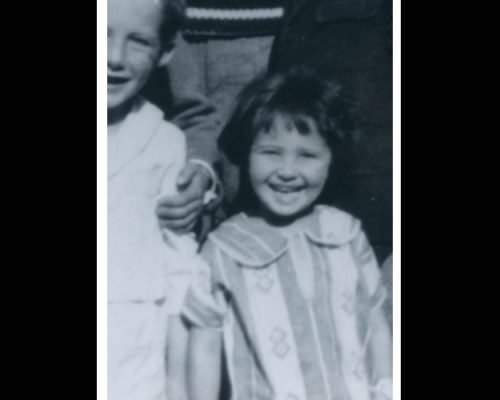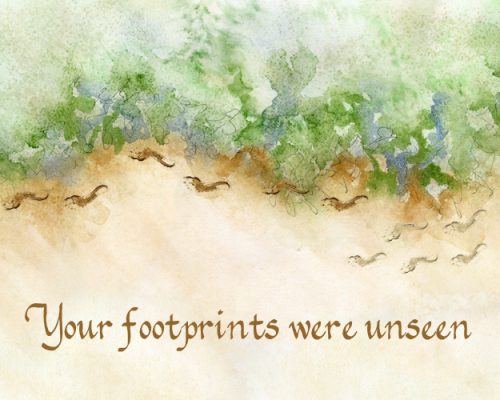This morning I got to thinking about the refining of gold (in fire) and “dross.” I refreshed my memory about this process. To remove the pure gold (biblically, one’s faith and character) gold is heated up to very high temperatures through trials and tribulations (the Refiner’s fire).
As this happens, impurities (dross) come to the surface of the pure gold, and must be removed.
I listened aloud to Chapters 1-2 of I Peter.
I can’t stop thinking about Job. The book of Job is significant (in length, 42 chapters) and even among unbelievers it is studied as a piece of literature.
The problem as I see it with identifying as “Job” is that none of us are at his “starting place.” We are told that Job was a “blameless” man in the very beginning of the story. I am not BLAMELESS in anything; none of us are without BLAME.
So, why are we given this story? Was Job not “human” and also under the power of “original sin” through Adam?
I am thinking that the term “blameless” is used in the story in a different way. It is not indicating Job never ever sinned. The context seems to be clearly given at the onset of the story: the enemy of our souls and lives (satan) is roaming about the earth noticing Job, and he asks God for permission to inflict forms of severe harm to Job, believing Job will “curse” God.
I’ve listened aloud to that book probably easily over 50 times now…who knows…I haven’t counted.
This morning, as I awake, I think about my own sense of being severely tested and am aware of my own “dross” that is arising as forms of deep anger and emotions, and the surfacing of thoughts and feelings I typically try to just push away, overlook and not focus on or speak about.
I am shown by God that there is dross in my life and heart and thoughts. But I am also encouraged, as we all should be when God allows our severe testing. Because if it was all “dross” and there was no gold, why would there be a need for further purification?
Back to the book of Job. What strikes me most about this narrative is not the “simple plot” we believers most likely know: God allows Job to be tested, his friends are miserable comforters, God deals with Job and them, God restores Job.
Pretty simple, right?
When I listen aloud to the actual narrative, it can be hard at times to keep track of whom is speaking. I rely some on the narrator’s intonations (often I listen while doing other things, so I can go “in and out” of the story audibly).
What impresses me most is the EXTREME AMOUNT of “words.” The increasing/escalating “word count” in the discourse between Job and his three friends interests me. I suppose that is because I seem to have a lot of “words” in my mind, always. And when I am upset, or hurt, or fearful it can be very hard for me to just be “silent.”
It appears to me that at first, after the series of Job’s many deep losses and devastations, that Job sat in silence. His wife–who should have been his first support?–was the very first person who told Job essentially, “You should just curse God and die.”
Get it over with, so to speak. There is no hope.
Along come these “three friends.” Who ARE these people…where did they come from? Somehow (and I believe the text says?) they “heard” about what had befallen their friend.
At first, they come and just “sit with him.” What were they thinking? Who knows.
But it was when Job broke his silence, that somehow they became “enmeshed” in this “work of satan.” (that’s how I see it)
What were the options of these three friends?
Do they somehow represent Job’s entire “faith community” at that time, or, were they simply a contingent of outliers? (remember, the first “supporter” of Job, his wife, expressed her opinion early on)
If we must assume that Job was “blameless” as scripture says, YET, he was not “sinless” in that he was human and as humans, there are “amounts” of sin (dross) embedded in our every thought and action or inaction.
To my knowledge, Job never “cursed God.” But, he did get increasingly agitated. And he did keep escalating the VOLUME of words he spoke. And then, his friends seemed to match him “in kind.”
Once Job expressed his pain, the friends seemed to shift into another mode of thinking “backwards.” They looked at the situation, and then thought “effect and then…what is the CAUSE.”
At one point we are told Job was covered in festering boils and was scraping his own wounds with a “potsherd.”
For a moment, think about the story of the Good Samaritan. He clearly had “wounds” and the initial people passed him on by. Only the Samaritan did something to help treat the man’s wounds.
Why was Job caught up in some type of “theological diatribe/discourse” over the deepest questions mankind faces?
“Why do ‘good’ people suffer harm?” (among numerous other “theological” topics/debates)
Job was caught up so deeply in all of this. We are not told the friends brought or went to find any kind of salve/treatment for his boils, and we don’t know if after losing everything whether Job and his wife had food or basic necessities.
We just don’t know.
But we do know that below the “actions” that satan was permitted to take upon Job in his realm (but not taking his “life” directly) that Job found any remaining strength he had being (likely drained) by trying to engage with these religious friends who had come to somehow “comfort” him by increasingly accusing him of many things.
Eventually, a 4th onlooker/listener decides he must “speak up.” And now, there are five of them.
How long did this all go on? (the answer is probably somewhere in the text!)
Eventually, God speaks. He tells Job to “brace himself like a man” and there begins such a deep flow of words from our Creator God about how His ways and powers and wisdom and knowledge are so very far above ANY OF US.
God demands Job to “answer.” And Job seems (to me) to give the right answer–basically that he has “nothing more to say.” (paraphrase) and that he repents in the dust and ashes.
If Job was “sinless” rather than “blameless” (what is the difference in this story?) why would he repent?
I don’t “think” God ever says He is angry at Job (his friends seemed to assert at many points that Job was essentially experiencing God’s “wrath”), but, in the end, God says He is angry at Job’s friends, because they spoke wrongly of him.
And then, Job is restored. He gets more children and other stuff to “replace” all he lost. I think most of us probably find this a good ending, but, equally CONFOUNDING to the events at the beginning of the story.
Losing a child in any form/time/circumstance has got to be the worst thing I can ever imagine happening. I cannot imagine that getting “other children” later ever takes away the pain of that loss, although, it was probably a comfort to Job in whatever number of years he lived after all this “episode” God allowed.
Anyway. I know that in my time of testing that feels as though it has gone on beyond my ability to endure, at many moments, that DROSS is arising in this purification process, as well as gold.
Job said, “I know that my Redeemer lives” later into this story. God was present with Job even amidst Job’s gushing artery of words and expending of emotional capital in “self defense.” I also wonder, how much of this stuff was “in Job’s head?”
We humans often find ourselves reading/ perceiving things with others “in between” what is actually spoken. That’s what makes human relationship so complicated.
Were Job’s friends “aggressive” in their words or “passive aggressive?” Or both?!
I don’t know for sure, and we all “read into” scripture to some degree. There’s so much to “take out” (exegesis, exegete) from the book of Job.
It’s like the Marianna trench in many ways…once we fall into it…we might get lost in it…
Revelation 12:11
“And they overcame him by the blood of the Lamb, and by the word of their testimony….”
Thank You For Reading
Please Feel Free To Express Your Thoughts Below



